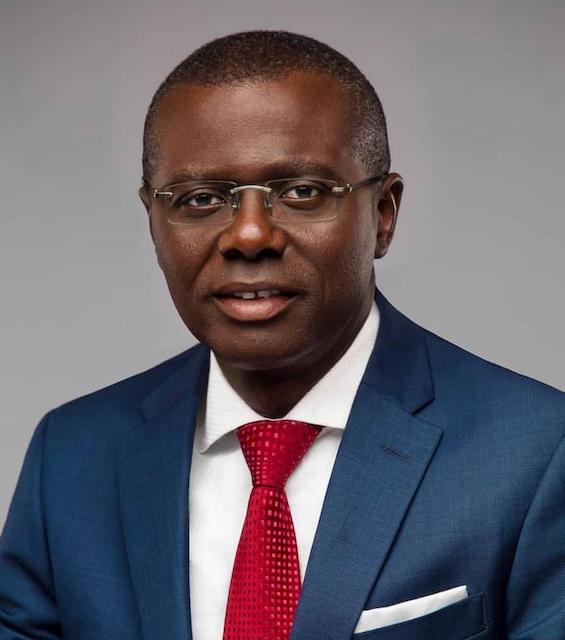By Kingsley Odii
Global tech giant Google has clocked 25 as it strives to maintain market leadership amid global technological shifts occasioned by Artificial Intelligence (AI).
In celebration of its 25th anniversary, Google’s CEO Sundar Pichai released a public memo, highlighting the company’s remarkable journey and its ongoing commitment to revolutionize the tech landscape.
“With a focus on search, Google has expanded its offerings to serve billions of users across the globe with an array of innovative products,” he said.
Pichai emphasized that while search remains at the core of Google’s mission, the company now offers 15 products catering to over half a billion people each. Six massive platforms serve more than two billion users.
According to the CEO, these products have transformed the way individuals seek information, pushing the boundaries of accessibility and knowledge sharing.
Gmail’s revolutionary concept of providing 1GB of storage to every user paved the way for managing vast amounts of data effortlessly. Chrome aimed at enhancing web browsing experiences, while YouTube enabled everyone to share their expertise freely. Additionally, Google Maps, translation tools, and photo search have greatly improved accessibility and information retrieval.
Speaking further on the company’s evolution and trajectory, Pichai said, “Google’s expansion also involved sharing tools, breakthroughs, and infrastructure. Google Cloud, launched in 2008, has become one of the top enterprise companies globally, helping partners across industries improve their operations with AI.
“It’s a huge privilege to reach this milestone, made possible by the people who use our products and challenge us to keep innovating, the hundreds of thousands of Googlers past and present who have given their talents to building those products, and our partners who believe in our mission as much as we do.”
“It’s a time for some gratitude, and a moment to reflect,” Pichai added.
Pichai also acknowledged that not every question asked by Google ended up as a success, but the company has always come back stronger. They’ve faced questions about the future of the web, adapting to mobile computing, and the relevance of search, but each time, they have answered by strengthening their focus on their mission and applying deep computer science to improve lives.
Looking ahead, Pichai envisions a future where AI will be the biggest technological shift, surpassing the shift to mobile and even the internet itself. Google’s goal is to make AI more helpful and deploy it responsibly to deliver on their mission.
“As we look ahead, I’ve been reflecting on the commitment from our original founder’s letter in 2004: to develop services that improve the lives of as many people as possible — to do things that matter,” he stated.
Google also aims to use AI to predict and prepare communities who are prone to natural disasters.
Pichai concluded by stating that Google’s search for answers and commitment to improving lives will drive extraordinary technological progress in the next 25 years, and their success will be measured by the impact they have on future generations.
“Our search for answers will drive extraordinary technology progress over the next 25 years. And in 2048, if, somewhere in the world, a teenager looks at all we’ve built with AI and shrugs, we’ll know we succeeded. And then we’ll get back to work,” he added.






Comment
No comments found.